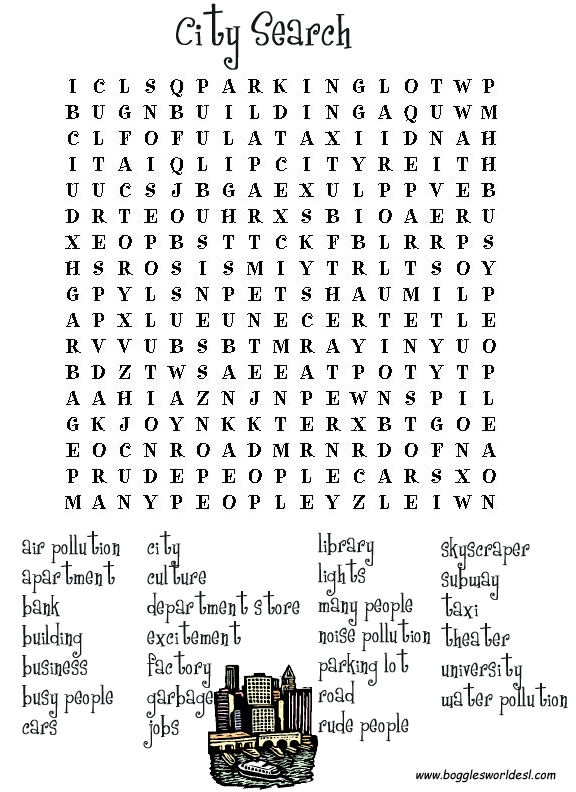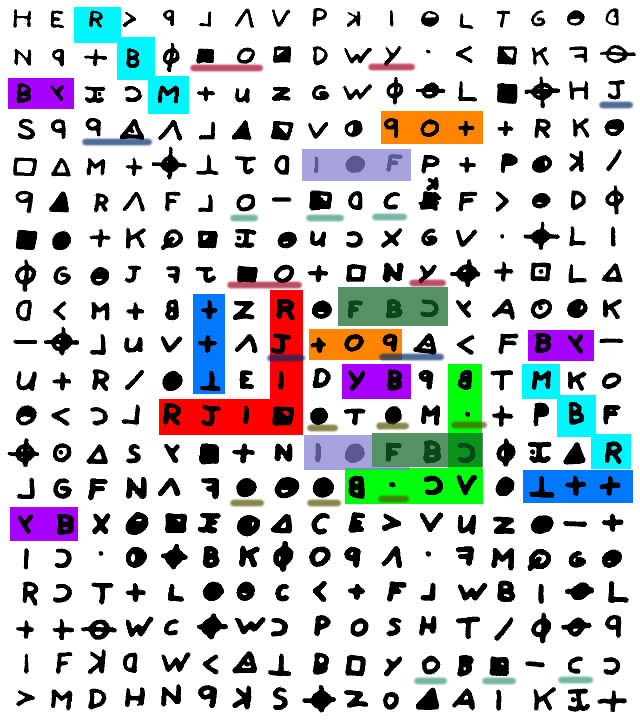I am VERY hesitant to post this here, and it is against all of my better judgement, but a former member here, named "Daniel" has posted some things at zodiackiller.com that he wishes to hear opinions on. Jarlve’s opinion, in particular. Personally, I am going to refrain from comment, but this is the thread in question, particularly towards the end, the last few posts:
http://zodiackiller.fr.yuku.com/topic/7 … ed?page=-1
I ONLY post this since Daniel said, quoting:
I wanted Jarlve over on Morford’s site to look this over but I don’t have a way of contacting him.
Again, I am going to refrain from comment. Jarlve, he wanted you to look his work over. So I am just being a reluctant mediator.
-glurk
——————————–
I don’t believe in monsters.
I am VERY hesitant to post this here, and it is against all of my better judgement, but a former member here, named "Daniel" has posted some things at zodiackiller.com that he wishes to hear opinions on. Jarlve’s opinion, in particular. Personally, I am going to refrain from comment, but this is the thread in question, particularly towards the end, the last few posts:
http://zodiackiller.fr.yuku.com/topic/7 … ed?page=-1
I ONLY post this since Daniel said, quoting:
I wanted Jarlve over on Morford’s site to look this over but I don’t have a way of contacting him.
Again, I am going to refrain from comment. Jarlve, he wanted you to look his work over. So I am just being a reluctant mediator.
-glurk
to be honest, i follow some of the advanced math cipher threads here better than some of the proposed solutions. i read through that guy’s post twice and i still have no idea what he’s talking about.
I guess he is referring to my theory that the 340 might be a word search (probably not the Graysmith). I still find it a relatively strong idea. Mainly because:
– The 340 remains uncracked.
– Some high count symbols not cycling well (word search filler).
– Pivots and other multidirectional bigrams and bigram observations in general.
– 17×20 grid certainly not an unpopular word search format.
– Could have been made in response to the 408 (crib this).
Our current solvers will very likely not be able to solve it automaticly because of words going in all directions (only reading direction is processed). It may be possible to converge on a word search by using ZKDecrypto and it’s Word List tab. It’s a very hard problem and I personally won’t even attempt it before there are more hints and stronger leads to the word search being actual.
Atbash or reversing the alphabet doesn’t matter since letters still have a 1:1 relation, this has been discussed before. Basicly homophonic substitution on top of simple substitution is the same as homophonic substitution.

The word search idea is very interesting. We know of at least one other letter-writing, authority-taunting serial killer who made a word search:
http://www.zodiackillerciphers.com/?p=454
Repeated trigrams in Z340 going in multiple directions (the "pivots") could be easily explained with the plain text being arranged as a word search prior to encipherment. I imagine the search landscape of keys would be extremely spiky, especially since the words might be sparse (i.e., there is more filler than not). So hillclimbers might easily get stuck. But, as we see in the BTK word search above, there are certain tests for filler (in his case he cycled through adjacent keys on a keyboard). In the financial world, Benford’s law is used to test distributions of numbers to see if people are faking them ( https://en.wikipedia.org/wiki/Benford%27s_law ). A similar idea is this: A word search hillclimber could test candidate keys by testing for intersecting words, then by inspecting the distribution of letters in the filler. You could take a large sample of real-world word search puzzles and see how much the filler differs from purely random selections of letters. Then your candidate key might be on the right track if many words are found and the filler seems to resemble expected distribution.
I also wonder if it’d be good to include another measurement of how well the words fit in a candidate solution. For instance, if you have 10 words that fit into the cipher text without violating any of the constraints, then you can measure how hard it was to do that by measuring the multiplicity of just the portion of cipher text covered by the found words. This might help separate good solutions from spurious ones, since we already know that it is easy to fit words into places with too few repeated symbols.
Seems like a long shot, but interesting to pursue.
Maybe a crossword puzzle format? ….The blanks being junk filler symbols.. But that would make it impossible to crack..
Just random thoughts
It just seems like so many words could be found in that type of format…even unintentional ones.
The word search idea is very interesting. We know of at least one other letter-writing, authority-taunting serial killer who made a word search:
http://www.zodiackillerciphers.com/?p=454
Yes, but he did not send a single cipher, as far as I know. They were all plain letters and one word search puzzle. The problem with a word search — it’s impossible to send a coherent meaningful message in it. At least, not of any significant length. I don’t think it completely rules out Z using a word search, but I think it makes it unlikely.
Repeated trigrams in Z340 going in multiple directions (the "pivots") could be easily explained with the plain text being arranged as a word search prior to encipherment.
I thought so too! At first. But consider the following. How would Z encrypt his word search "message"? Would he: a) write the plaintext words into a matrix, in various directions, and then encrypt the resulting matrix of letters with homophonic substitutions in the normal manner, left-to-right, top-to-bottom; or b) encrypt the words he wanted to use with homophonic substitutions first, and only then create the word search by placing already encrypted words into the matrix? I think we can all agree that the first method is much more likely. Not only it is easier to do, you can also edit the plaintext matrix on-the-fly (if the words don’t quite fit), and it allows much more words to "mesh" together, considering there are only 26 letters in the alphabet, but if you encrypt the words first, you now have 63 symbols to create intersections with.
If you use method (a), the possibility of 2 separate 4-gram pivots becomes extremely unlikely, unless all 4 symbols happen to be 1:1 substitutions. Think about it, what are the chances that all 4 symbols will fall in the same place in each homophone cycle, when one of the repeated 4-grams is vertical (i.e. likely to encounter same letters before we get to next row) and the other is horizontal.
Even if Z for some reason used method (b), would he really not notice that 2 intersecting words have a section of 4 symbols repeating, and leave it as is? I mean, the words are right there, next to each other. There would be no filler in the matrix at this point, so it would make it even easier to spot. He went to all this trouble of coming up with 63 homophones, and then he would leave such a huge potential hole in his cipher as is? Remember, that’s how his previous cipher was cracked, by looking at repeating patterns, so he would be extra careful to mask all repeating words and parts of words with different homophones.
For the reasons above, I think that the pivots either: happened by pure chance; or, they are indeed an artifact of Z’s encryption scheme, but he had no way of easily noticing it. And the word search theory contradicts the latter.
Don’t get me wrong, I’m not saying that the word search theory should be completely discarded. But when considering a theory I always try to come up with argument both for and against it, to see how likely it is. You know, weigh all the cons and the pros. It seems too often people fall for only considering the pros. For me, at this point, the only 2 arguments in the "for" column is that Z340 hasn’t been solved yet, and the Halloween Card with the words "paradice" and "slaves" arranged in a crossword manner, which we can consider a possible clue. Unless you can convince me otherwise :), I’m putting the pivots in the "against" column.
P.S. For the uninitiated, here is a good description of the 4-symbol pivots we are talking about.
Good points. I suppose it’s possible that he missed (or didn’t care about) the pivots, if he had filled the entire grid with letters first prior to applying substitutions. Maybe he thought "someone might notice this pattern, but they’ll never guess how I rearranged this plaintext!" Or, is it possible those trigrams involve letters that aren’t very common, thus reducing the need for cycles and increasing the chances of symbol reuse for the underlying letters?
I once did a search for multi-directional repeated fragments. For example, finding something like "A?B??C" occurring both horizontally and vertically. Maybe that is worth revisiting, to at least see if they happen more often than chance (and more often than in left-to-right, up-to-down orientations of plaintext).
Speaking of which: These patterns, which repeat in multiple directions, also raise my curiosity: https://www.evernote.com/shard/s1/sh/8f … 1f673047a5 But I haven’t done a test for significance (I imagine many of them are just by chance).
I’m actually also a bit skeptical with pivots appearing even in a word search scenario. But hey. I have thought about a possible relation between vigenere and the pivots but does that makes any sense? At times I have also thought there was some diagonal shift of information going on.

Speaking of which: These patterns, which repeat in multiple directions, also raise my curiosity: https://www.evernote.com/shard/s1/sh/8f … 1f673047a5 But I haven’t done a test for significance (I imagine many of them are just by chance).
There’s allot of this stuff going in the center of the cipher, it really peaks there.
There’s allot of this stuff going in the center of the cipher, it really peaks there.
I noticed that too. I updated the image to show more of the repeating patterns (including the "fragments"):

Some more patterns:

There’s another "mini pivot" highlighted in red. The yellow patterns differ by only one symbol. Same for the blue patterns.
There are others but I don’t want to spend too much time on it since they are likely just happening by chance.
Could it have been written in a spiral pattern. Across the top, down the right side, across the bottom from right to left, back up, well you get the picture..all the way around to the centre. Just putting it up.
Could it have been written in a spiral pattern. Across the top, down the right side, across the bottom from right to left, back up, well you get the picture..all the way around to the centre. Just putting it up.
I’ve tested it: spirals.
I have thought about a possible relation between vigenere and the pivots but does that makes any sense?
Well spotted! However, any text of highly repetitive nature is likely to have a lot of pivots appearing (including diagonal ones). It is very well illustrated here (scroll down to the part about testing how often pivots appear by chance in various books). Vigenere table is just a perfect example of highly repetitive text. So it could be Z repeating himself a lot again, like with "kill/killing" in Z408, but probably not "kill" this time :). He could also be quoting something, like that "titwillo titwillo titwillo" line from one of his letters.

